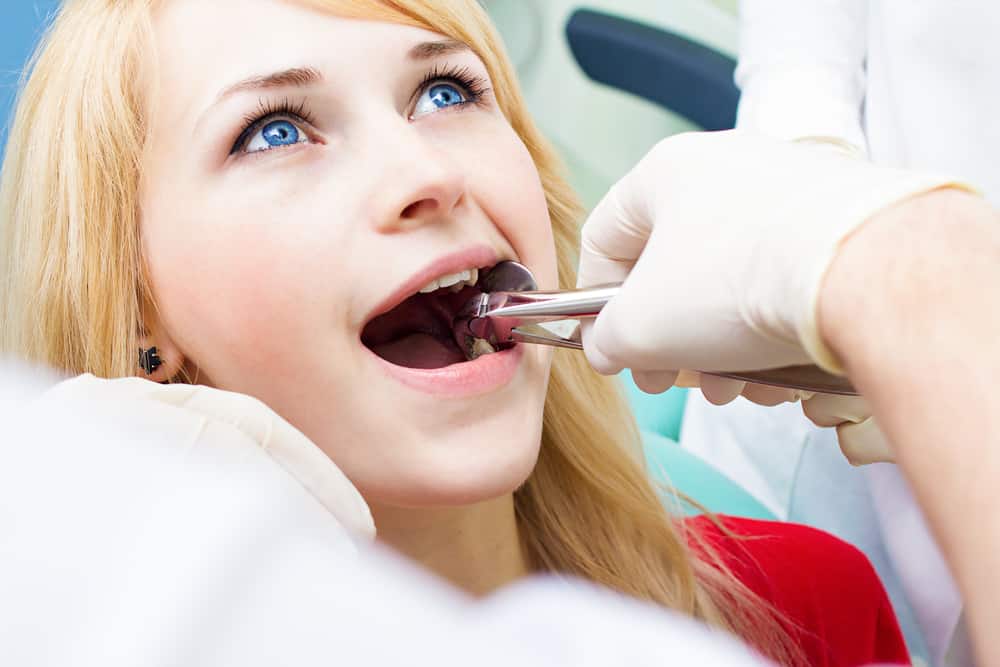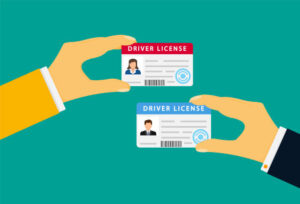Do’s and Don’ts After Wisdom Tooth Extraction
Wisdom tooth extraction is a common dental procedure aimed at preventing or addressing pain, overcrowding, or infection caused by impacted or problematic wisdom teeth. While the procedure itself is straightforward, proper post-operative care is critical for ensuring smooth recovery and avoiding complications. Knowing the do’s and don’ts after wisdom tooth extraction can make a significant difference in your healing process.
This comprehensive guide outlines key practices to follow and avoid, helping you recover quickly and safely.
The Importance of Post-Extraction Care
After a wisdom tooth extraction, your body needs time to heal. Proper care minimizes risks like dry socket, infection, and prolonged swelling. Following your dentist’s instructions and observing best practices ensures a seamless recovery.
Let’s explore the critical do’s and don’ts to keep in mind.
Do’s After Wisdom Tooth Extraction
1. Follow Your Dentist’s Instructions
Your dentist or oral surgeon will provide detailed instructions tailored to your procedure. Follow these guidelines carefully, including advice on medication, oral hygiene, and dietary adjustments.
2. Rest and Relax
Give your body the time it needs to recover. Avoid strenuous activities for at least 48 hours to prevent complications like increased bleeding or swelling.
3. Apply Ice Packs
To reduce swelling, apply an ice pack to your cheek for 15-20 minutes at a time during the first 24 hours post-surgery. The cold compress helps minimize inflammation and discomfort.
4. Maintain Oral Hygiene (Gently)
While you should avoid brushing near the extraction site initially, gently rinse your mouth with warm salt water after 24 hours. This helps keep the area clean and reduces the risk of infection.
5. Stay Hydrated
Drink plenty of water to stay hydrated and support healing. Use a cup rather than a straw to avoid dislodging the blood clot over the extraction site.
6. Eat Soft Foods
Stick to a soft-food diet for the first few days. Mashed potatoes, yogurt, smoothies (without a straw), and soup are great choices. Avoid hot or spicy foods that may irritate the extraction site.
7. Take Prescribed Medications
Pain and anti-inflammatory medications prescribed by your dentist should be taken as directed. Over-the-counter options, such as ibuprofen, can also help manage discomfort.
8. Watch for Signs of Complications
Monitor your recovery for signs of infection or dry socket, such as severe pain, bad breath, or excessive bleeding. If you experience these symptoms, contact your dentist immediately.
Don’ts After Wisdom Tooth Extraction
1. Don’t Use Straws or Spit Forcefully
Using straws or spitting forcefully creates suction that can dislodge the blood clot, leading to dry socket—a painful condition that delays healing.
2. Don’t Smoke or Use Tobacco Products
Smoking or chewing tobacco can interfere with blood clot formation and increase the risk of infection. Refrain from using these products for at least a week after your procedure.
3. Don’t Eat Hard, Crunchy, or Chewy Foods
Foods like chips, nuts, and tough meats can irritate the surgical site or become lodged in the wound, increasing the risk of complications.
4. Avoid Alcohol and Caffeine
Alcohol can interfere with medications and delay healing, while caffeine may dehydrate your body. Stick to water and other non-acidic, non-alcoholic drinks.
5. Don’t Skip Medications
Painkillers and antibiotics are prescribed for a reason. Skipping doses can lead to unnecessary discomfort or increase the risk of infection.
6. Don’t Touch the Extraction Site
Avoid poking or prodding the area with your tongue, fingers, or any object. This can dislodge the clot and introduce bacteria.
7. Don’t Exercise Immediately
Avoid physical activities that may increase your heart rate and lead to bleeding or swelling for at least 48 hours.
8. Don’t Delay Contacting Your Dentist
If you notice persistent pain, swelling, or signs of infection, don’t hesitate to contact your dentist. Early intervention prevents minor issues from becoming major problems.
FAQs About Wisdom Tooth Extraction Recovery
How Long Does Recovery Take?
Most people recover fully within one to two weeks. Swelling and discomfort are usually most noticeable during the first three days.
When Can I Resume Normal Eating?
You can gradually reintroduce solid foods after about a week, depending on your comfort level and healing progress.
What Is Dry Socket?
Dry socket occurs when the blood clot protecting the extraction site becomes dislodged, exposing the bone and nerves. It causes severe pain and requires prompt dental care.
Is It Normal to Bleed After Surgery?
Slight bleeding is normal during the first 24 hours. Bite on gauze to help control it, and avoid activities that might dislodge the clot.
How Can I Prevent Swelling?
Use ice packs during the first 24 hours and switch to warm compresses after the initial swelling subsides.
Tips for a Smooth Recovery
- Plan Ahead
Before your procedure, stock up on soft foods, pain relievers, and gauze. Arrange for someone to drive you home and provide assistance if needed. - Communicate with Your Dentist
Don’t hesitate to ask your dentist questions about post-operative care or clarify instructions. Clear communication ensures you’re fully prepared for recovery. - Listen to Your Body
Recovery times vary. If you feel discomfort or fatigue, prioritize rest and take things slow.
When to Seek Professional Help
While most people recover without issues, complications can arise. Contact your dentist immediately if you experience:
- Severe or worsening pain.
- Persistent bleeding that doesn’t subside after applying pressure.
- Signs of infection, such as fever, swelling, or foul taste in your mouth.
- Difficulty swallowing or breathing.
Prompt attention ensures these issues don’t escalate.
Final Thoughts
Recovering from wisdom tooth extraction can be smooth and hassle-free if you follow the proper do’s and don’ts after wisdom tooth extraction. Rest, maintain good oral hygiene, and stick to soft foods to promote healing. Avoid activities like smoking, using straws, or eating hard foods that could disrupt the recovery process.
By being proactive and attentive to your body’s needs, you’ll ensure a quick return to your daily routine. For more personalized guidance or urgent dental care, contact Emergency Dental 365—your trusted partner for dental emergencies.
Read More Blogs – https://freshvoicehub.com/













Post Comment